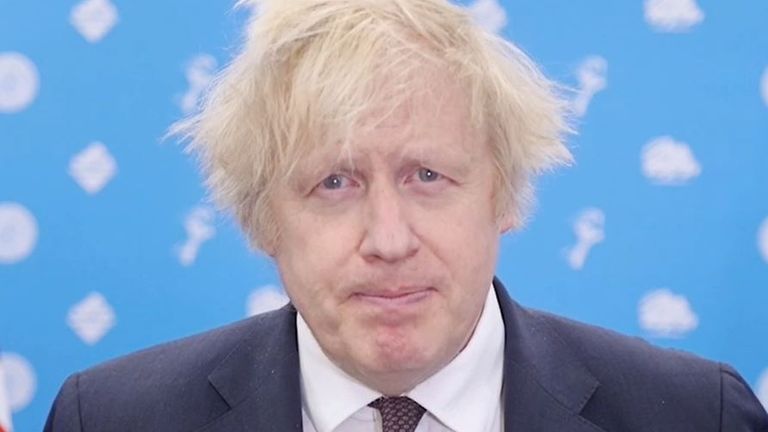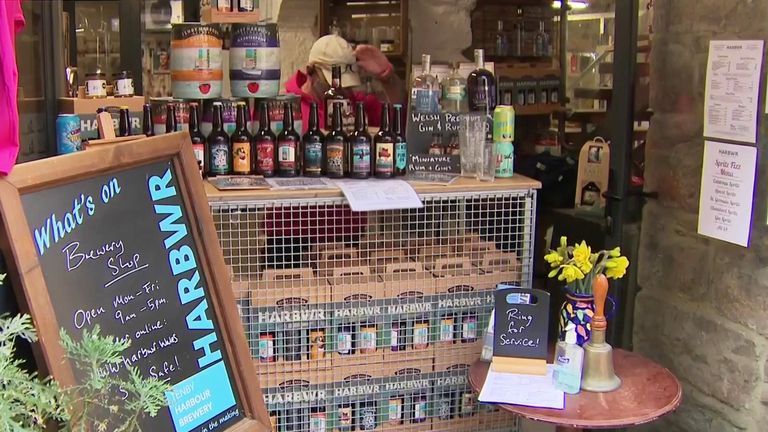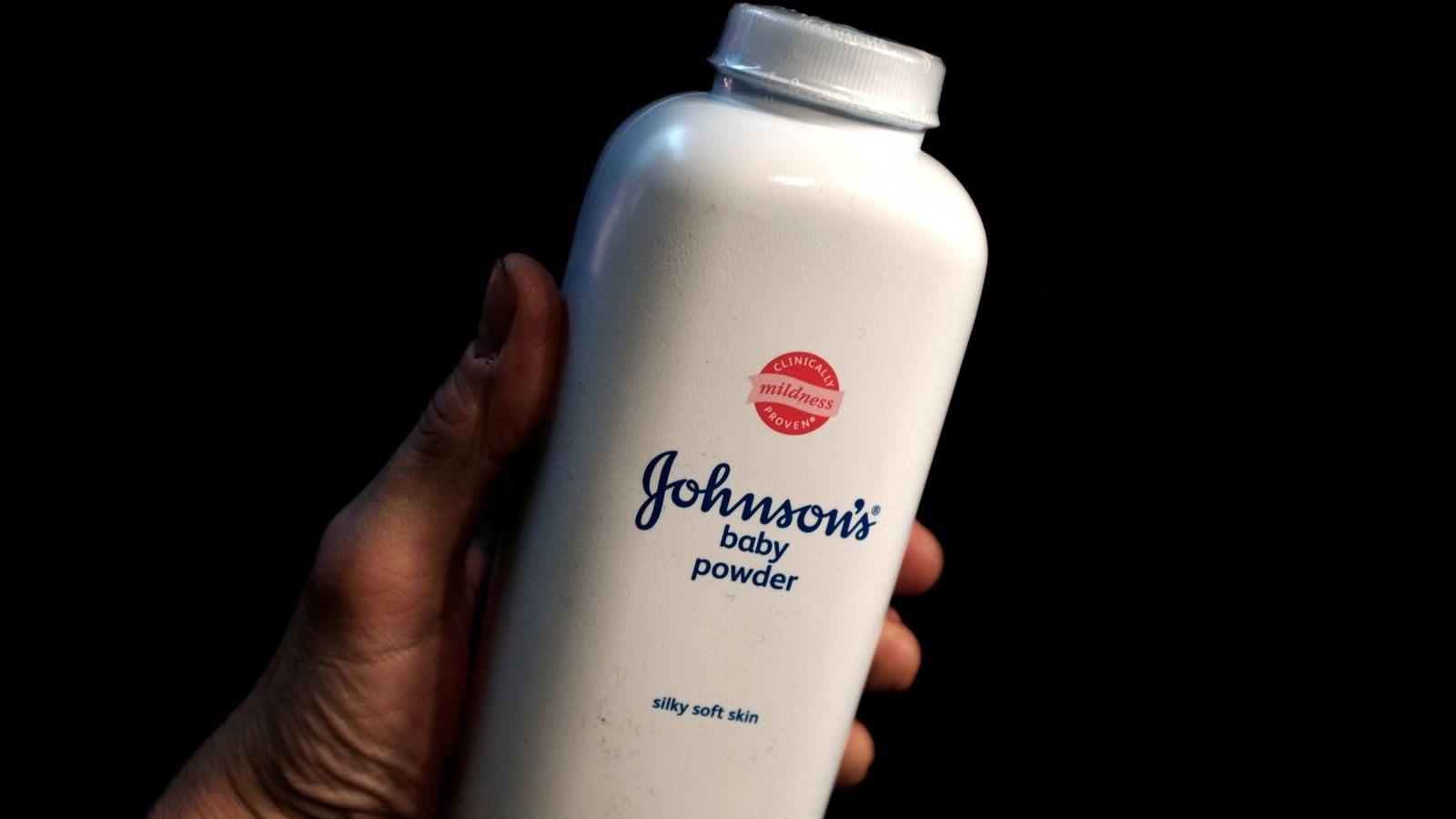The UK has enough vaccine supplies to ensure that Britons can receive their second doses without disruption, NHS England’s medical director for primary care has said.
Weeks after the health service warned that the country will face a “significant reduction” in the availability of coronavirus jabs next month, Dr Nikki Kanani said: “The supply over April is slower, but we know that we will keep going.
“We’ve got enough vaccine to give people the second doses, those second doses are protected, and we’ve got enough vaccine to protect those in the priority cohorts.”
More than 2.5 million people have now received their second dose of a COVID-19 jab – with more than one in three of those taking place in the last week.
About 900,000 people received their final vaccine over the past seven days – about twice as many as the week before.
Dr Kanani added: “The NHS is reaching out to those 50 to 69-year-olds who haven’t yet taken up the offer to be vaccinated.
“If you are one of those people yet to book a first dose, please come forward and get your life-saving COVID-19 vaccine, which will not only protect you but those around you.”
According to The Mail on Sunday, the first 500,000 doses of the Moderna vaccine are expected to arrive imminently – boosting the rollout further.
Meanwhile, The Sunday Times claims that the UK is planning to offer 3.7 million jabs to Ireland to help ease lockdown restrictions in Northern Ireland.
In other developments, the prime minister is being urged to start immediately donating vaccines to poorer nations – with charities warning the UK has a high risk of “hoarding limited supply while health workers and the most vulnerable in low and middle-income countries do not have access”.
Wellcome and Save The Children UK have written to Boris Johnson, pointing out that the UK is on track to have more than 100 million surplus doses.
“The UK will be sitting on enough surplus vaccine doses to vaccinate the world’s frontline health workers twice over,” the letter said.
Their message also pointed to figures that suggest the unequal distribution of jabs could end up costing the UK £106bn.
Sir Jeremy Farrar, a SAGE scientist who leads Wellcome, said: “Now is the time to think beyond our borders. The world won’t be safe while any single country is still fighting the virus.”
Even though the UK has made far greater progress in the rollout of vaccines than many other countries, NHS England’s national medical director has warned that COVID-19 still has the capacity to “wreak more havoc and ill health on a significant scale”.
Professor Stephen Powis said that the country’s prospects “look immeasurably brighter and more positive” – but said the easing of some restrictions in England tomorrow “does not mean job done”.
Writing in The Sunday Telegraph ahead of England’s stay-at-home order ending – with outdoor sports facilities reopening and the rule of six set to return – Prof Powis said: “We’ve made enormous progress that we need to build on and not squander the gains we’ve made. We need to hold our nerve.”
Mr Johnson also struck a cautious note during a discussion at the Conservatives’ virtual spring forum, where he warned that a “third wave” being witnessed in parts of Europe could hit the UK three weeks later.
Despite this, the prime minister said that his roadmap for easing England’s lockdown restrictions can continue as planned – paving the way for non-essential retailers, hairdressers and outdoor hospitality to return on April 12.
The latest daily figures, released on Saturday, showed that 4,715 people have tested positive for COVID-19. A total of 38,937 new infections have been reported over the past seven days – a 4% increase on the week before.
Government data also shows a further 58 people had died within 28 days of a positive test for COVID-19, taking the UK total to 126,573.













